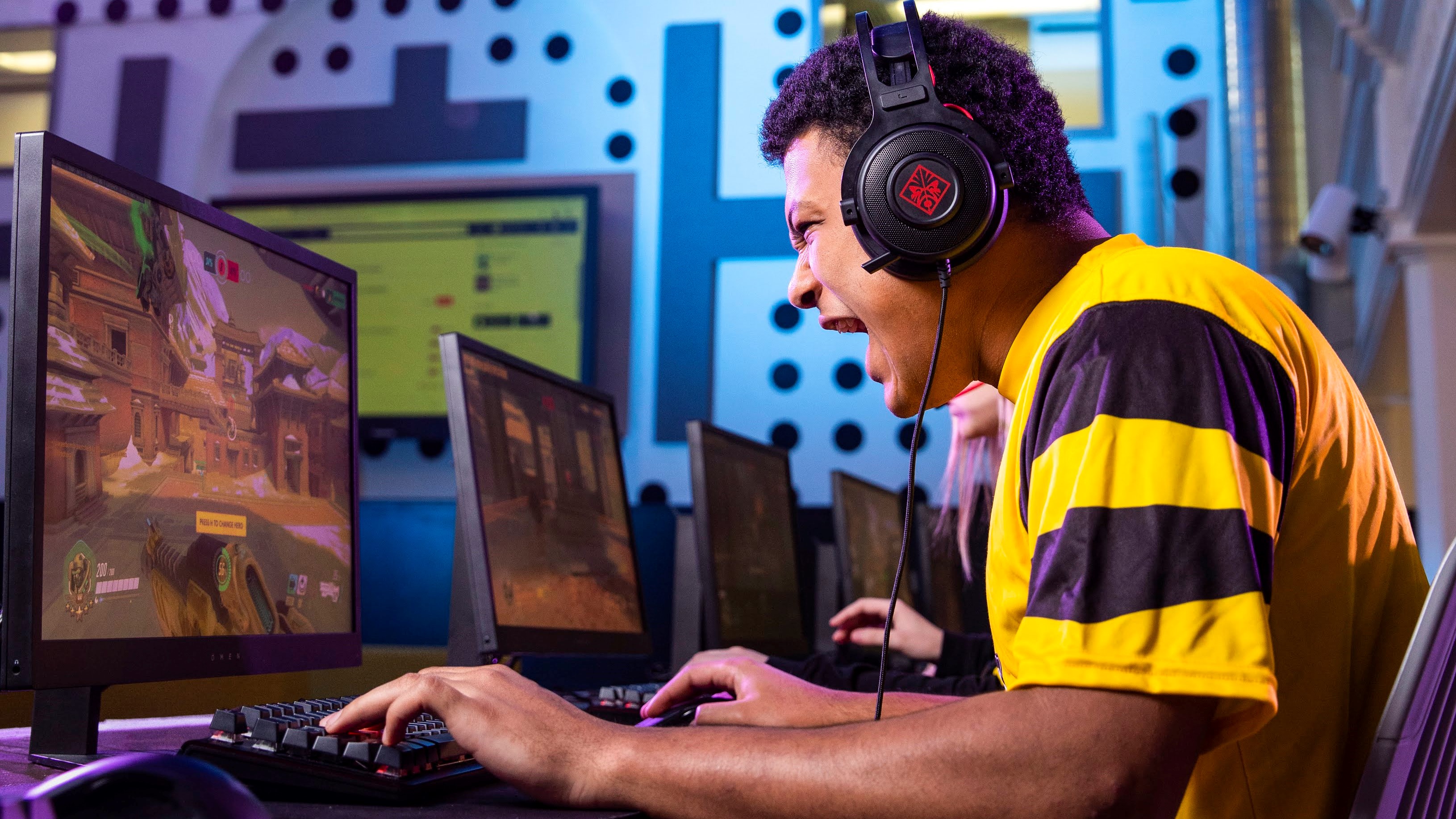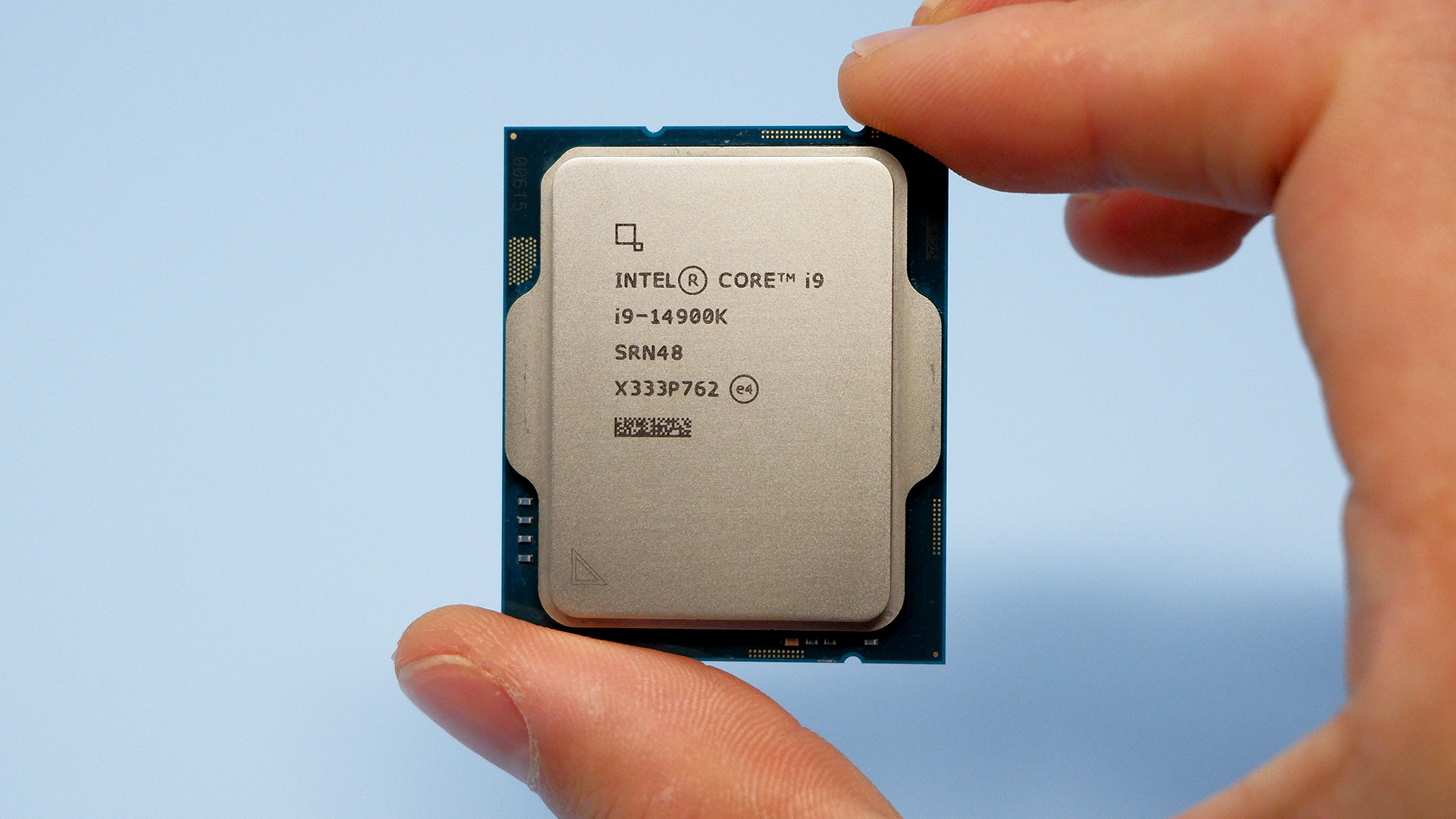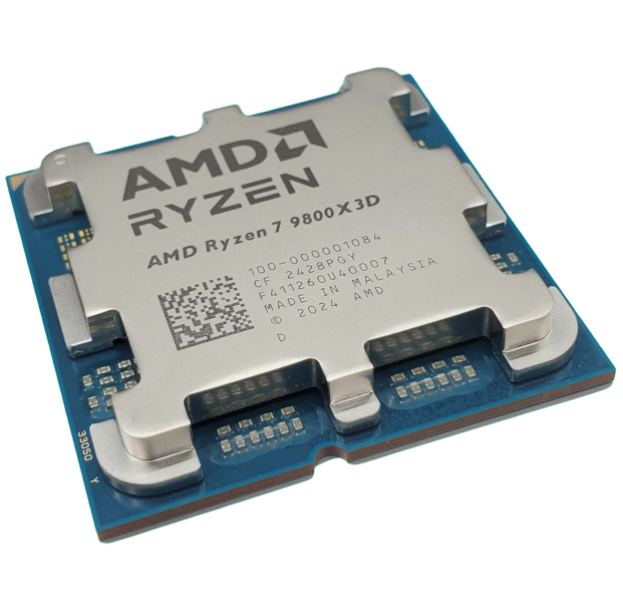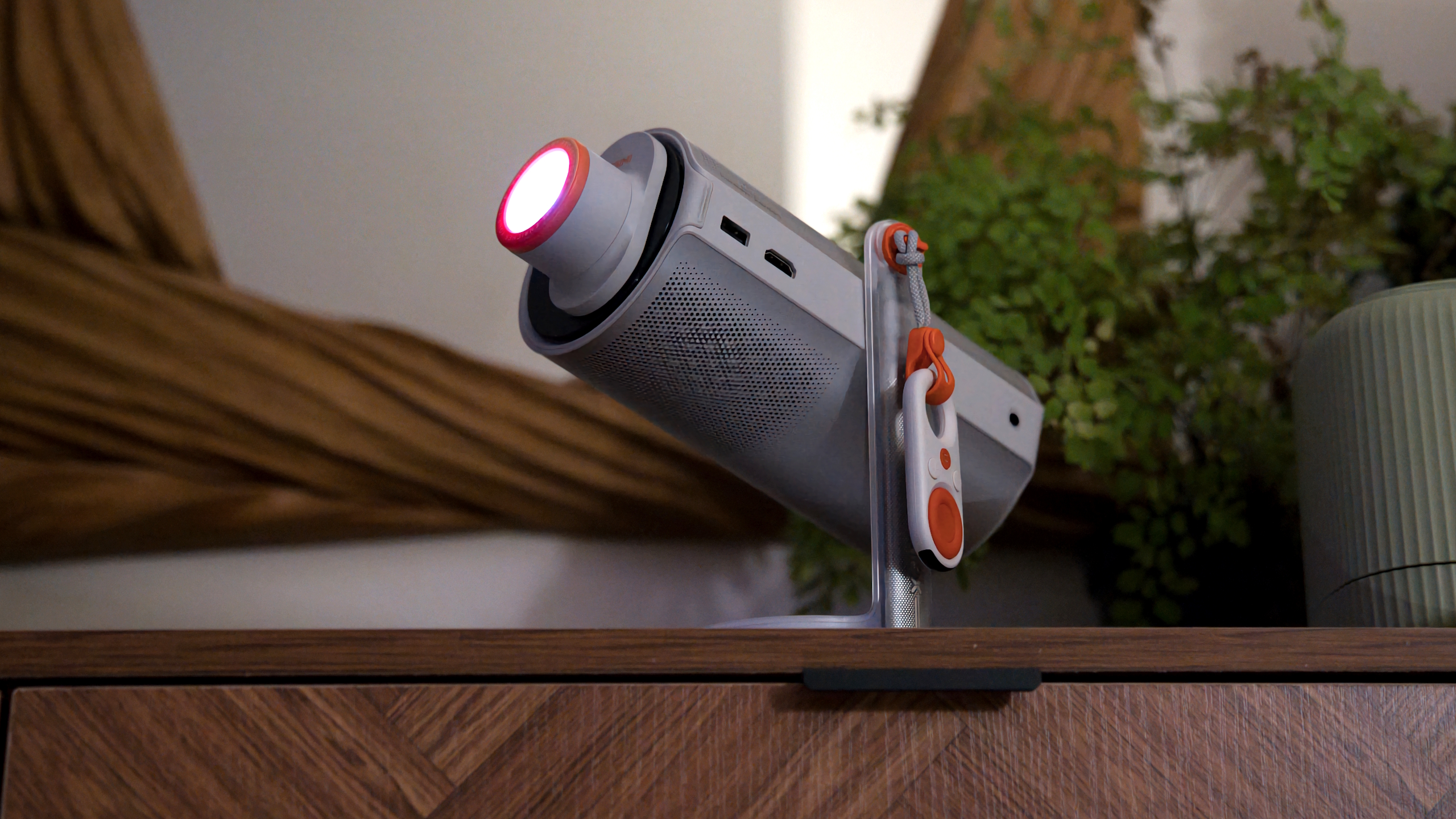'The game is ass on anything else but a 9800X3D': Esports players are complaining about using Intel CPUs at sponsored tournaments rather than AMD X3D chips, with multiple claims of crashing and significantly worse performance
Intel might be inside, but some wish it wasn't.

If one was to take a perusal of our best gaming CPU guide, one would find it predominantly stuffed full of AMD chips. There's a reason for that—as a general rule, they're the fastest things you can stuff in the CPU socket of a gaming PC right now. That, and haven't been prone to crashing dilemmas like some of the older 13th and 14th Gen Intel chips. Still, Intel sponsors a lot of esports tournaments, and as a result, esports pros have been forced to use Intel rigs—and some of them, it seems, have been having a particularly bad time.
Hardware Unboxed has highlighted some of these pro player complaints on X, directly quoting professional Counter Strike 2 player ropz, who complains the game only runs well (by esports standards, presumably) on a Ryzen 7 9800X3D, and that "not every tournament has that." The replies are full of complaints regarding the difference in performance between Intel CPUs and AMD X3D chips, with the delta between the two sometimes claimed to be 100 fps+.
It's interesting hearing from pro players who use X3D chips in their personal gaming PCs, but then have to use Intel CPUs on LAN and find them too slow. Ropz had to use a 285K for a CS2 tournament and couldn't believe how slow it was. Peterbot who is the best Fortnite player uses… https://t.co/ifJ6TUHS6PSeptember 7, 2025
It's worth noting, however, in regards to perceived "slowness", that these claims are mostly being made in regards to achieving the extremely high frame rates that most esports pros prefer. In general, most PC gamers at home will be GPU bound by their settings and game choices, but in the pro sphere, they are far more likely to be CPU limited.
Professional gamers will often drop the resolution and graphics settings down to their lowest possible levels in order to achieve monstrously high frame rates, putting the load more on the processor cores rather than the graphics card—and, according to the claims in these X threads, this is where Intel chips lag significantly behind.
Hardware Unboxed also claims that Peterbot, currently ranked as the best Fortnite player of all time, uses a 9800X3D, and was shocked by the difference in performance using a Core i7 13700K at the FNCS Globals event. The outlet also claims multiple Intel Core i7 13700K systems crashed during the tournament, despite running at stock speeds.
Speaking of crashing, an interesting addition to the discourse has been added by streaming consultant @JJLiebig, who claims that three out of five Core i9 14900K machines they were using for observer purposes at the Esports World Cup crashed roughly every four hours.
We had 14900k machines for our observers at EWC for Dota 2. Millions of $ in price pool, huge budgets. Biggest esports event of the year.We had 3 out of 5 observer machines crash about once every 4hrs. In Dota with 199.94 VSync cap.Tried everything, disable xmp, e cores.September 7, 2025
"Turns out the chip[s were] already degraded to the point that we had to use backups. While we were live on air", they claim. "I'll build my own observer machines and ship them next year for that event."
Keep up to date with the most important stories and the best deals, as picked by the PC Gamer team.
Intel's Core i9 14900K CPUs seemed to be the most affected by last year's crashing debacle, which was eventually narrowed down to a voltage issue with 13th and 14th Gen Intel silicon, and one which could potentially cause permanent damage to the chip. In @JJLiebig's case, the Intel machines provided for them at the tournament seem to have fallen prone to this issue, and as a result the knackered chips appear to have significantly disrupted their ability to cover the event.
It must be pointed out, however, that a microcode update appears to have fixed most of the crashing issues, and the latest chips appear unaffected. Still, if the chip's already toasted, there's not much to be done—other than enter the RMA process if it's a personal machine, though even that has been less than straightforward for some.

And if it's an Intel-provided tournament machine? There's even less you can do than that, it seems, which has drawn some significant ire. While coverage could be provided by AMD-chipped machines, players themselves have to use the same sponsor-provided gaming PCs as their competitors to even out the playing field, and it seems some are less than happy about it.
As for the rest of us? Well, chances are you and I aren't equipped with the talent to make the most of a frame rate difference once we're up in the multiple hundreds of fps. Still, it's another tale of woe for Intel CPUs, and I can't imagine the company is entirely happy about its sponsored events backfiring in such a public way.

1. Best overall:
AMD Ryzen 7 9800X3D
2. Best budget:
Intel Core i5 13400F
3. Best mid-range:
AMD Ryzen 7 9700X
4. Best high-end:
AMD Ryzen 9 9950X3D
5. Best AM4 upgrade:
AMD Ryzen 7 5700X3D
6. Best CPU graphics:
AMD Ryzen 7 8700G

Andy built his first gaming PC at the tender age of 12, when IDE cables were a thing and high resolution wasn't—and he hasn't stopped since. Now working as a hardware writer for PC Gamer, Andy spends his time jumping around the world attending product launches and trade shows, all the while reviewing every bit of PC gaming hardware he can get his hands on. You name it, if it's interesting hardware he'll write words about it, with opinions and everything.
You must confirm your public display name before commenting
Please logout and then login again, you will then be prompted to enter your display name.

